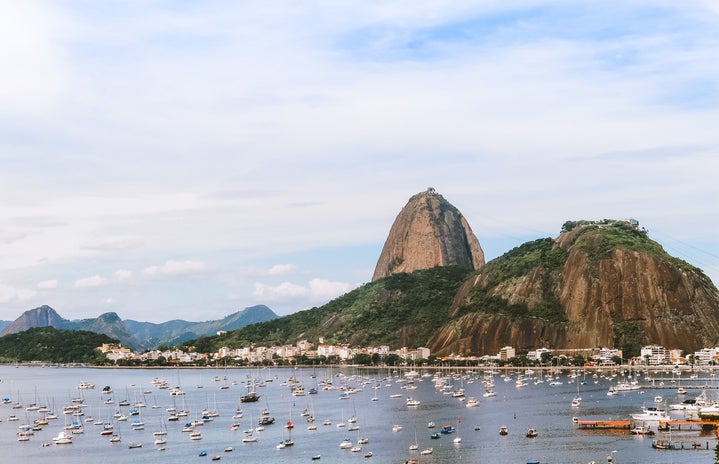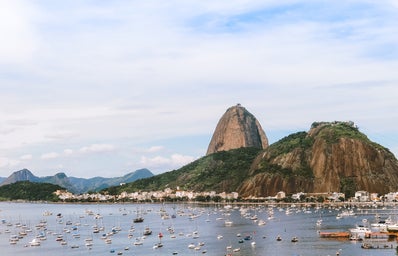Zack Leech is a Junior who is a Romantic Language major. He has travelled abroad to Costa Rica with Servicio en las Américas and to Papua New Guinea with Pioneer Bible Translation.
HerCampus: Hi Zack! Thanks for meeting with me. I first want to know exactly what it means to be a romantic language major?
ZL: Romantic languages are languages that come from Latin roots—this is like Spanish, French, Italian, Portuguese, etc. For the major you choose one of these languages to major in and one to minor in. I chose to major in Spanish and minor in French.
HC: Gotcha. So, I know you have gone abroad several times, I was wondering if you could give me a brief overview of what these trips were like?
ZL: The Costa Rica trip I took was the summer before my freshman year. We spent two and a half weeks in Greencastle doing service around the community practicing Spanish and getting to know the community that will surround us for the next four years. Then we went to Costa Rica and spent two and a half weeks there also doing service around the community and practicing Spanish. While in Costa Rica, we also addressed the topic of sustainable farming; Costa Rica leads the globe in environmental sustainability. The next summer I did the exact same trip but I was a leader of the program.
HC: Since you have done a lot of travelling, what in particular do you feel you have learned having lived with many different people?
ZL: One of the biggest things is that you don’t know the people that you are living with very well, so you have to be mindful of the adjustment of getting to know each other. Another big thing is being respectful of other people’s space because everywhere you go you are a guest so when someone needs space or time to themselves you have to respect that.
HC: I’m curious, what is one of your favorite stories you have from travelling?
ZL: One interesting story is when I was trying to get from a village in Papua New Guinea to the city of Madang. To start, Papua New Guinea is a warm culture that looks to protect and help other nationals. This came in handy with their sustenance farming because one bad harvest could lead to a family struggling so the neighbor’s help pick up the slack. This sense of loyalty to community is called wontok. Anyways, we were at a village and to get back Madang and to do this we needed to take a four-hour canoe trip, an hour long bush flight, and an hour long drive. We woke up at 4:30 am to torrential downpour that delayed our canoe trip for a couple of hours and made it unlikely that we would catch our flight. We finally got our six canoes full of people out. We got as far as 5 minutes out from our destination villages before the engine ran out of gas. Because of the wontok system all of the canoe drivers had skimmed some gas from their own canoe to give to another group getting home which left us and all the other canoes short of gas. We then had to hike upriver for an hour and a half while we pulled the canoe before another group caught up to us. After we got some more gas we had to run to our flight while the pilot told us we could put 50 kilos of luggage under plane. When we took off, the plane took a jump and came back to the ground before bouncing into the sky with dense jungle at the end of the grass runway—we cleared the trees by about 5 meters. When we got back to Madang we were informed that the 50 kilo rice delivery that was supposed to be left at the village was accidentally left on the plane, so our 50 kilos of luggage put us 50 kilos over the weight limit.
HC: Wow that is a wild story, thank you for sharing that and everything else you talked about with me today!
Zack: Of course, thanks for interviewing me!



